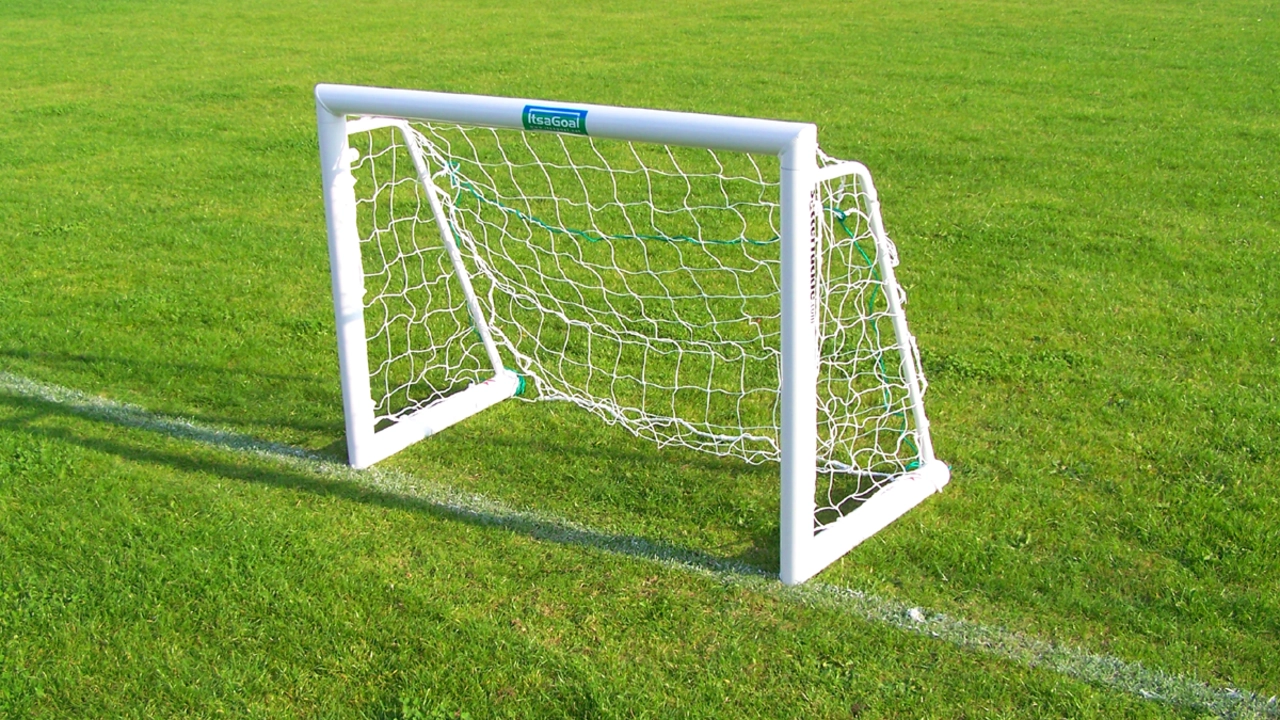Understanding the Concept of Goal Differential in Soccer
Before we dive into the calculation of goal differential in soccer, it's important to understand what the term actually means. In simple terms, goal differential in soccer denotes the difference between the goals scored by a team and the goals they concede. It's a metric used to rank teams in a competition, particularly when they have the same number of points. It provides a fair representation of a team's performance over the course of a league or competition, highlighting not just their offensive prowess, but their defensive solidity as well.
Goal Differential: The Mathematical Aspect
The calculation of goal differential in soccer is pretty straightforward. It's a simple mathematical operation that anyone with a basic understanding of arithmetic can carry out. The formula for calculating goal differential is: Goals Scored - Goals Conceded. If the result is positive, it means that the team has scored more goals than they have conceded, which is obviously a good thing. Conversely, a negative goal differential indicates that the team has conceded more goals than they have scored, which is not ideal.
The Impact of Goal Differential on League Standings
Goal differential plays a significant role in determining a team's position in the league table, especially when multiple teams have the same number of points. In such cases, the team with the higher goal differential is ranked higher. This is because a higher goal differential suggests that the team has been more dominant in their matches, scoring more and conceding less. It's a way to reward teams for positive, attacking play and penalize those who adopt a more defensive, negative approach.
Goal Differential versus Goal Average
While goal differential is the most commonly used tiebreaker in most soccer leagues around the world, some competitions use a slightly different metric known as goal average. Goal average is calculated by dividing the number of goals scored by the number of goals conceded. The team with the higher goal average is ranked higher. However, most leagues favor goal differential because it encourages teams to score more goals and makes matches more entertaining for fans.
Goal Differential in Knockout Competitions
In knockout competitions, such as the UEFA Champions League or the FIFA World Cup, goal differential is used slightly differently. Here, it's used to determine the winner of a two-legged tie when the aggregate score is level. The team with the higher number of away goals is declared the winner. If the number of away goals is also equal, then the match goes into extra time and potentially penalties. This rule, known as the away goals rule, is designed to encourage teams to attack when playing away from home.
Goal Differential in Small-Sided Soccer
Goal differential is equally important in small-sided soccer, such as futsal or five-a-side games. Here, due to the smaller size of the pitch and the fewer number of players, goals are usually more frequent, which makes goal differential a crucial factor in determining league standings. It also encourages teams to play more attacking soccer, making games more exciting for spectators.
The Criticism of Goal Differential
Despite its widespread use, goal differential is not without its critics. Some argue that it unfairly rewards teams who run up the score against weaker opposition, while not properly accounting for close, hard-fought victories. Others believe that it discourages defensive play and unfairly penalizes teams who prioritize a solid defense over an attacking approach. However, most agree that it remains the fairest and most straightforward method of separating teams with equal points.
Conclusion: The Importance of Goal Differential
In conclusion, goal differential is a simple yet effective metric used in soccer to rank teams in a competition. It's easy to calculate and provides a fair representation of a team's performance over the course of a competition. While it may not be perfect, it's the most widely accepted method of separating teams with the same number of points and plays a crucial role in determining the outcome of many leagues and competitions worldwide.

